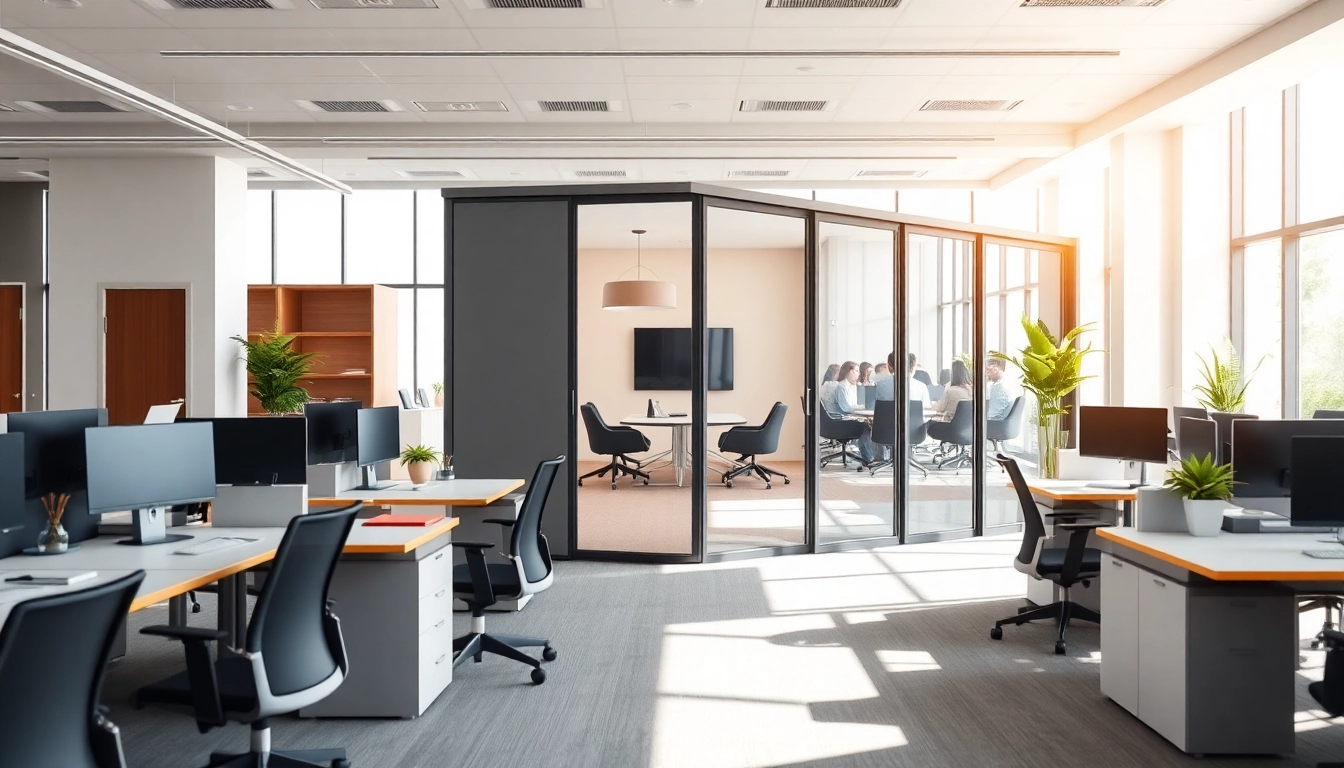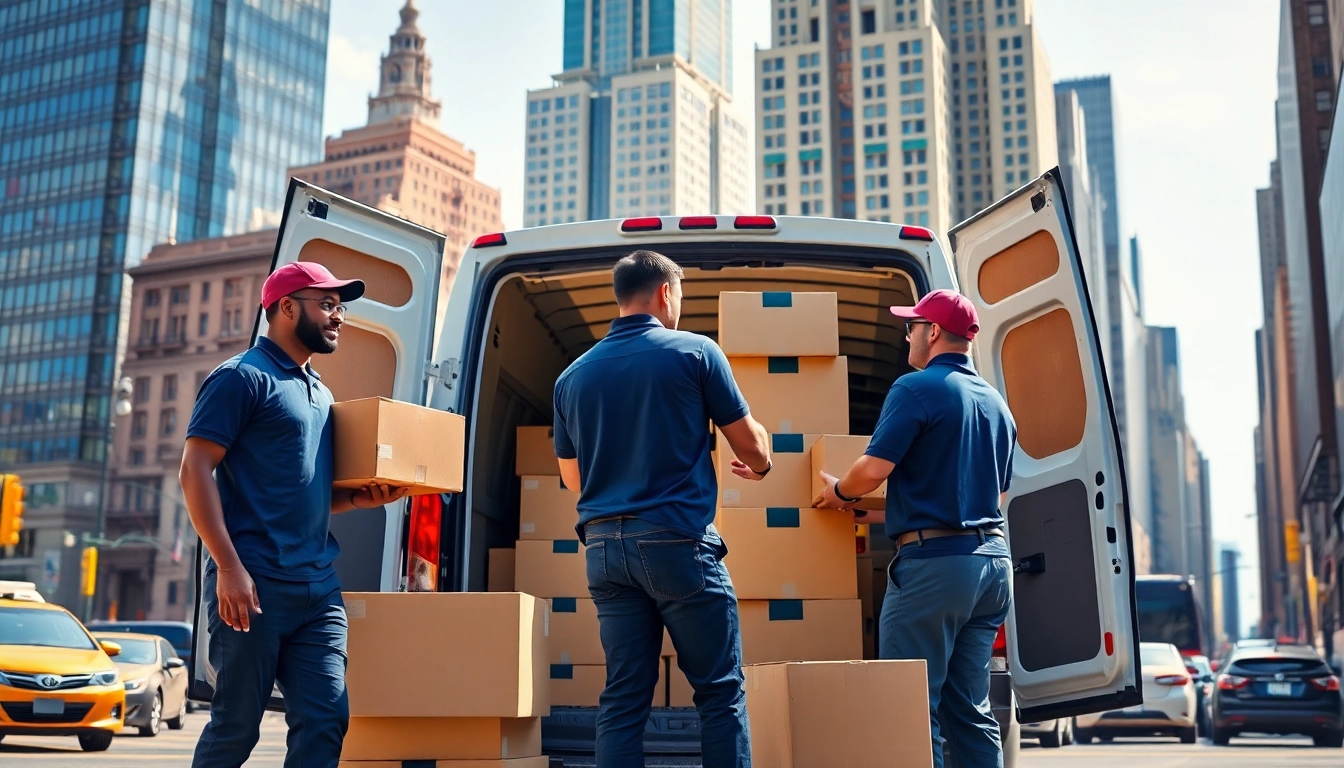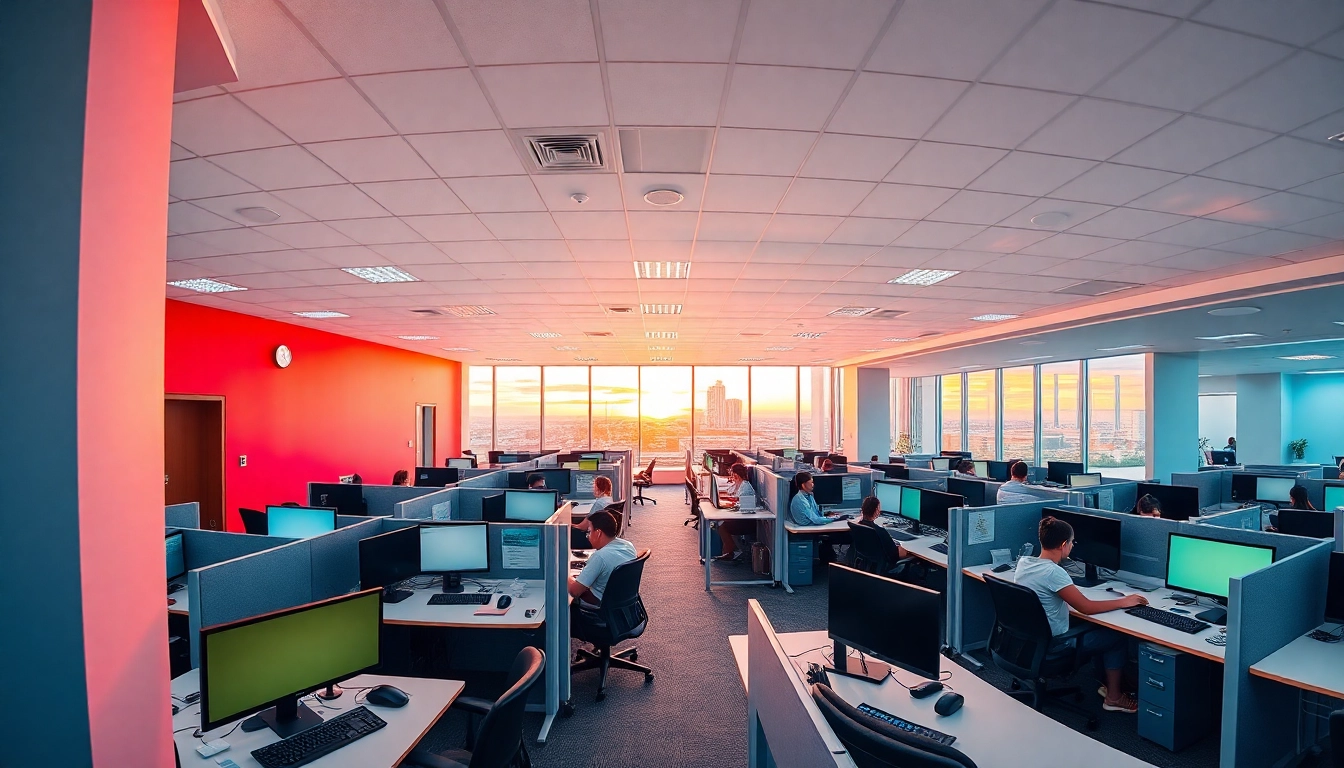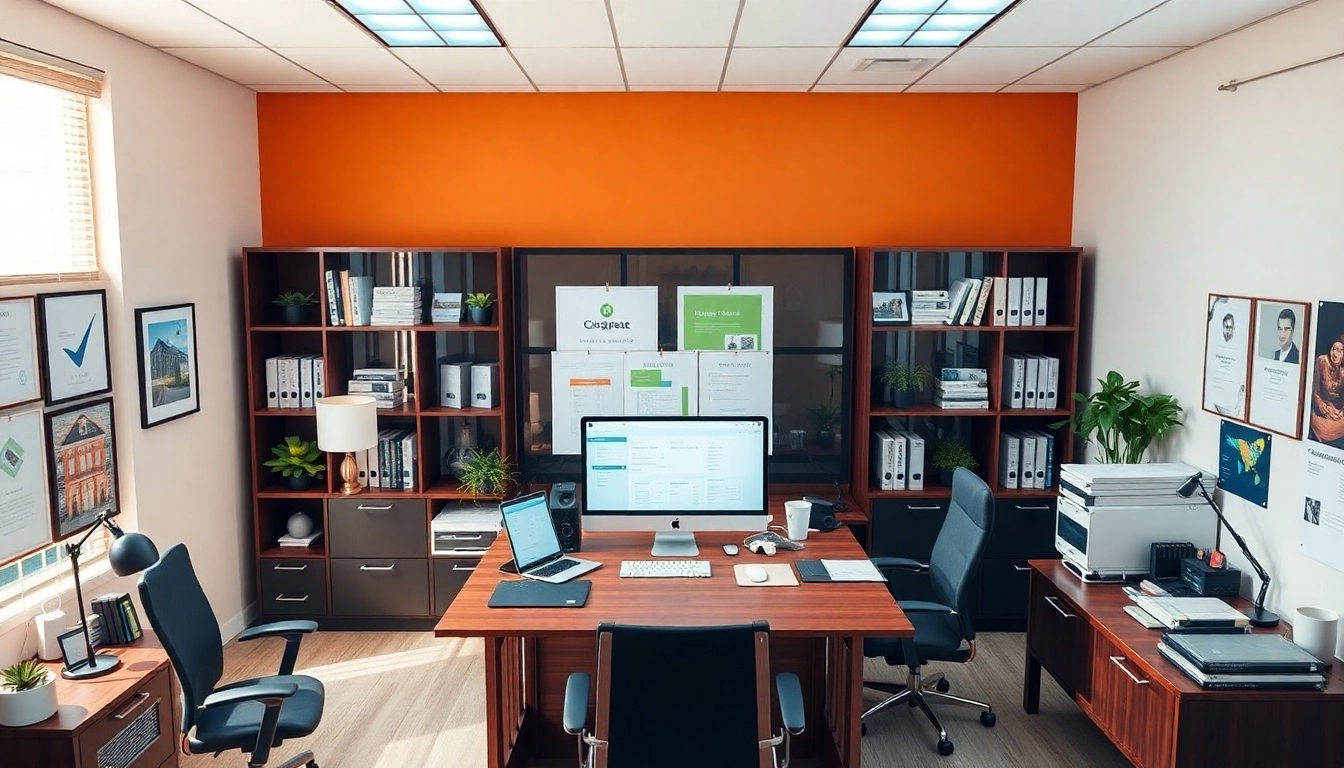Understanding Folding Partition Walls
What is a Folding Partition Wall?
A folding partition wall is a versatile solution designed to create flexible spaces within buildings, allowing for seamless adaptability. These walls are typically constructed from lightweight materials and can be effortlessly collapsed or extended to modify room sizes and layouts quickly. Folding Partition Wall systems are particularly beneficial in environments where space utilization is critical, such as in conference rooms, event spaces, and educational institutions. The design of these partitions often incorporates advanced acoustic properties, enabling sound insulation and privacy while maintaining an attractive aesthetic appeal.
The Benefits of Folding Partition Walls
Folding partition walls offer a multitude of advantages that make them a popular choice across various sectors. Below are some key benefits:
- Space Optimization: These walls allow for rapid adjustments to room dimensions, thus maximizing the use of available space. They can create smaller breakout areas or open up large spaces for gatherings as needed.
- Cost-Effective: By utilizing folding partitions, organizations can reduce the need for constructing new walls or relocating, thus saving considerable amounts on construction costs.
- Quick Setup: Installation and reconfiguration of these partitions can often be done within minutes. This efficiency is critical in busy commercial environments.
- Improved Acoustics: Many folding partitions are designed to minimize noise transfer. They can be constructed with materials that enhance sound insulation, providing privacy for meetings and discussions.
- Versatile Design Options: Available in numerous styles, materials, and finishes, these walls can match any interior décor, making them a seamless addition to any environment.
Types of Folding Partition Walls Available
There are several types of folding partition walls available, each designed to meet specific user needs and environmental requirements:
- Traditional Folding Partitions: These are operable walls that can be easily folded and opened manually. They often feature a track system for smooth operation.
- Acoustic Folding Walls: Engineered with sound-dampening materials, these partitions are ideal for conference rooms and auditoriums where noise control is critical.
- Glass Folding Partitions: These partitions combine aesthetics with functionality, providing transparency while still being operable to divide spaces effectively.
- Fire-Rated Folding Walls: Designed to withstand fire exposure, these walls are essential in commercial settings where safety regulations must be met.
Applications of Folding Partition Walls
Folding Partition Walls in Commercial Spaces
In commercial environments, folding partition walls are invaluable. They allow businesses to adapt their spaces for various functions, such as meetings, presentations, or social events. For example, hotels and conference centers often use these partitions to create flexible meeting rooms that can accommodate different numbers of attendees.
Residential Uses for Folding Partition Walls
In residential settings, folding partitions commonly serve to create dynamic living spaces. Homeowners can use these walls to segment open-plan living areas, creating privacy when required without permanent changes. For instance, a couple may use a folding partition to create a home office that can be concealed when guests are visiting.
Event Spaces and Folding Partition Walls
Event planners frequently utilize folding partition walls to redefine venues according to specific event requirements. They enable quick modifications, such as transforming a large banquet area into multiple smaller spaces for workshops or breakout sessions, showcasing their versatility and functionality in crafting the ideal atmosphere for diverse occasions.
Choosing the Right Folding Partition Wall
Factors to Consider When Selecting a Partition
When selecting a folding partition wall, several critical factors must be considered, including:
- Room Size: Assess the dimensions of the area where the partition will be installed; ensure the chosen system can operate effectively within that space.
- Purpose and Functionality: Determine how the space will be used—whether for sound isolation, aesthetic appeal, or quick reconfiguration. This will drive the selection of materials and design.
- Ease of Use: Evaluate how user-friendly the folding system is, considering factors such as handling and track systems in place for smooth operation.
Materials and Aesthetic Choices
Folding partitions are available in a wide range of materials, including wood, aluminum, glass, and fabric. When making aesthetic choices, consider how the materials will complement the existing décor and functionality of the area. For instance, a glass partition will enhance natural light and openness, while wooden panels may provide a warm and comfortable feel suitable for corporate environments.
Cost vs. Benefit Analysis
When investing in folding partition walls, it’s crucial to perform a cost-benefit analysis. This involves assessing initial installation costs against long-term savings and functionalities. Evaluate the expected return on investment by considering how the flexibility of space can lead to increased productivity and utilization rates, especially in multi-use areas.
Installation and Maintenance of Folding Partition Walls
Installation Best Practices
Proper installation of folding partition walls is vital for optimal performance. It is recommended to engage with professionals who specialize in these types of installations to ensure a seamless fit. Key installation practices include:
- Accurate Measurements: Before purchase and installation, ensure precise measurements of the intended area to avoid structural issues.
- Level and Align: The track system must be installed level and aligned to ensure smooth operation of the folding mechanism.
- Test Functionality: After installation, test the functionality of the wall multiple times to ensure it operates smoothly and meets all expectations.
Maintenance Tips for Longevity
To ensure the longevity of folding partition walls, regular maintenance is essential. Here are some tips:
- Regular Cleaning: Dust and debris can accumulate in the tracks and on the surface, which should be regularly cleaned to maintain smooth operation.
- Inspection: Periodically inspect the walls and track systems for signs of wear, damage, or misalignment, addressing these issues promptly to avoid performance problems.
- Lubrication: Maintain the lubrication of the mechanisms to ensure ease of use and to prolong the lifespan of the system.
Common Issues and Solutions
Several common issues can arise with folding partition walls, along with potential solutions:
- Sticking Panels: If the panels stick during operation, it may be due to dirt accumulation in the tracks. Cleaning the tracks should resolve the issue.
- Alignment Problems: Panels that do not align correctly may require adjustment of the track system, best performed by a professional installer.
- Noise Transfer: If soundproofing is inadequate, consider consulting with the manufacturer about possible enhancements, such as adding more sound-dampening materials.
Future Trends in Folding Partition Walls
Technological Innovations in Partition Design
The future of folding partition walls is heavily influenced by technological advancements. Emerging trends involve the integration of smart technology that allows for automated operation through mobile apps or voice-activated systems. Additionally, enhancements in materials, such as eco-friendly options and smart glass that can change opacity, are making these partitions more adaptable and user-friendly.
Sustainable Options for Folding Partition Walls
With increasing awareness around environmental sustainability, manufacturers are focusing on producing partitions from recycled or sustainable materials. This trend not only addresses eco-friendly concerns but also appeals to consumers looking to reduce their carbon footprint while maintaining aesthetic appeal.
The Future of Space Management
The need for flexible space management continues to grow, particularly in urban areas where real estate is at a premium. Folding partition walls will play an integral role in designing multi-use spaces that cater to diverse needs—from co-working spaces to venues for social gatherings. This adaptability will enable better space utilization and encourage innovative architectural designs.



